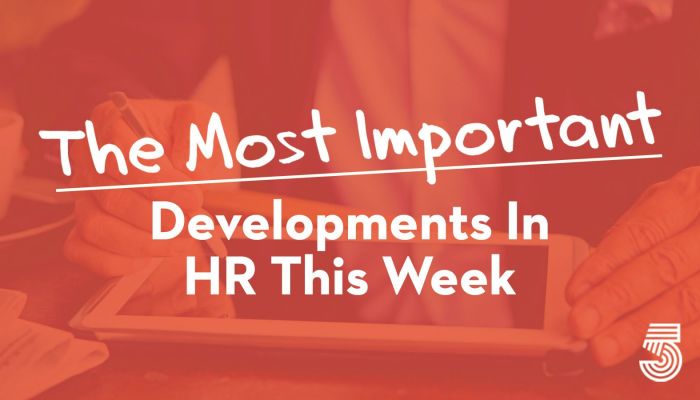The MID, as we call it, is curated by our editorial team from more than 50 news sources. Like a lot of good ideas, this started as something I wanted for myself. If I can’t read everything, I at least want to stay abreast of the most important developments.
This week in HR, Walmart made the ultimate investment in upskilling, vaccine mandates were on the rise, HR got advice about politics in the workplace (play nice, kids), companies forcing people back to the office got a Delta wake-up call, and the world is now your recruiting zone.

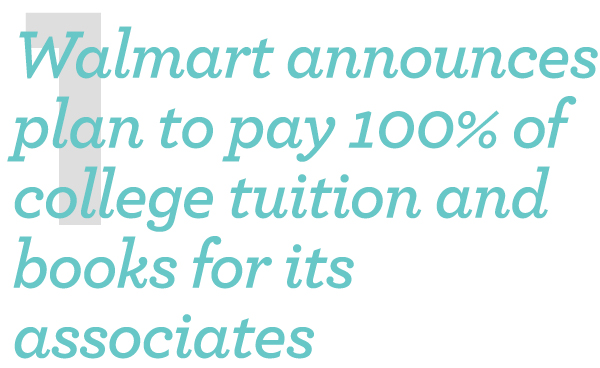
In an effort to help curb soaring student loan debts, Walmart announced Tuesday it will pay 100% of college tuition and book costs for its associates, starting Aug. 16. Walmart, the largest U.S. private employer, will drop its existing $1-per-day fee for associates who participate in its Live Better U education program. The company said it was inspired to adjust the terms of the program by changes in the economy and job market. With the new plan, Walmart plans to invest almost $1 billion over the next five years in career training and development for its employees. About 1.5 million part-time and full-time associates of Walmart and its Sam’s Club subsidiary will be eligible to learn new skills and earn college degrees, the company said. CNBC


Instead of merely asking Americans to get vaccinated, the President on Thursday is set to take his first step toward ordering it. In afternoon remarks, Biden is planning to announce that all federal employees must attest to being vaccinated against COVID-19 or face strict protocols including regular testing, masking, and other mitigation measures, according to a source with direct knowledge of the matter. It’s not a mandate, officials insist, and most federal employees who do not get vaccinated will not lose their jobs as a result. Still, the shift toward placing the onus for the current situation on those who have refused to get vaccinated reflects Biden’s growing impatience that still-hesitant Americans are prolonging a crisis he said earlier this month was no longer paralyzing the nation. CNN
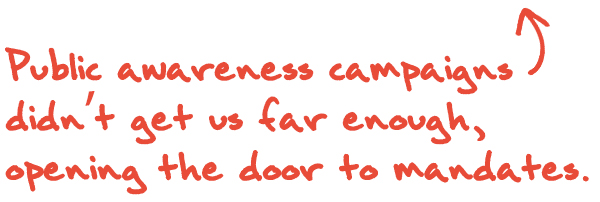
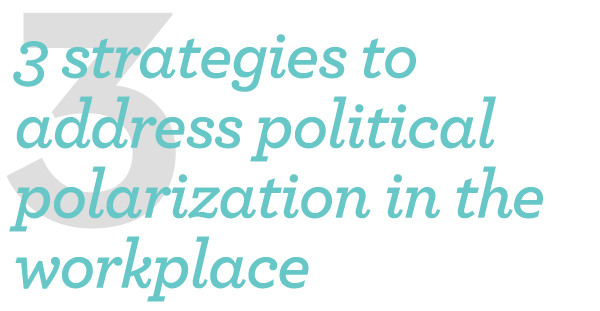
Politics seep into non-political domains when differences of opinion are viewed not merely as disagreements, but as reason to disdain or even loathe the person holding those views. But our recent research suggests that people often overestimate the level of disagreement between themselves and members of opposing political groups, the prevalence of extreme beliefs among those groups, and the extent to which those people view them negatively. We call this effect “false polarization bias” — and it is a global phenomenon. So what does this mean for companies? Across multiple industries, research suggests that exaggerated perceptions of political difference can significantly increase


With vaccine effectiveness against the coronavirus Delta variant dropping to 39%, it’s pure folly to pursue a normal office return. Make no mistake about the danger: The Delta surge is forecast to grow much worse in the next few months. Yet many large companies and midsize firms, along with the federal government, are forcing employees who successfully worked from home during the height of the pandemic to return to the office. Why are the federal government and household-name companies — Apple, Xerox, JPMorgan, Goldman Sachs, American International Group, and Abbott Laboratories — putting the health of their employees at serious risk? And why are they practically guaranteeing mass employee flight as part of the Great Resignation prompted by pressure to return to the office? Fortune

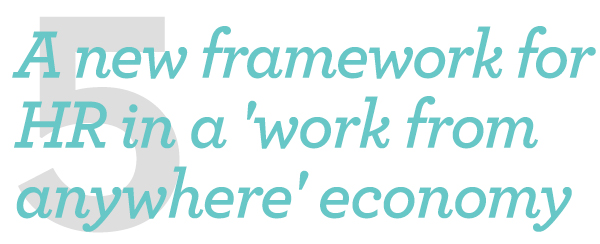
If the last 18 months have proven anything, it’s that any HR team can move to a remote-first model much faster than they (or anyone) thought. That meant developing new policies, digitizing all operations, and considering what a hybrid workforce would look like. However, what businesses have also learned in the past year is that a “work from anywhere” approach is now the bare minimum. To gain a competitive edge in recruiting the best talent, corporate leaders and HR professionals must go beyond facilitating remote arrangements. As the employer-talent dynamic shifts toward worker empowerment, businesses must offer greater flexibility in work style, classification, compensation, and value/mission-matching to win the global war for talent. That means HR professionals should be looking beyond their city limits for talent that could be anywhere in the world. Their organizations should layer in technology to create a streamlined workflow for payroll and HR processes, no matter where employees are located or what languages they speak. SmartBrief







